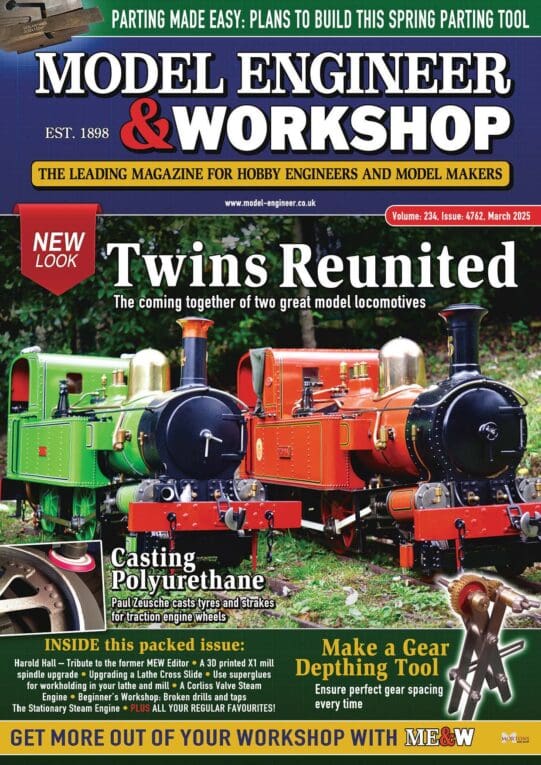Easier to say what to avoid than to identify sources of cheap metal that's worth having! DIY Store metal is not only expensive, it machines badly – apart from the Brass. Modern manufacturing often uses alloys chosen for properties other than machineability, so turning scrap on a lathe can be utterly miserable. Or it might be wonderful. As a begineer this uncertainty caused me severe difficulties. Had a bought a crap lathe? Had I bought crap tools? Was I setting the rpm wrong? Was the depth of cut or the feed-rate wrong?
I strongly recommend learning to use a lathe with known materials. It's worth finding an online or local supplier and investing some moderately serious dosh on some mild-steel, some free-turning mild steel, some brass, and an Aluminium alloy intended for machining. (Pure Aluminium and many alloys are gummy.)
Once you know how the real thing behaves it's much easier to tell if a bit of scrap is causing problems. Later, once you know what to expect, even a little experience makes it much less risky to approach a scrapyard or other source of unknown metal. Otherwise you can waste a lot of time struggling with bad metal – you can guess how I know!
How approachable your local scrappies and manufacturers are seems to vary wildly. My local scrapyards are all surrounded by barbed wire and are much more interested in buying metal than selling it. Not much manufacturing where I live, and the two firms I approached both refused. I wasn't surprised – my employer operated a policy whereby it was a zero-tolerance sacking offence for employees to take scrap. The reason is that it makes it easier to prove theft: it's not unknown for scallywags to "accidentally" convert new stock into scrap for the purpose of nicking it. When caught with a boot full of metal, the zero-tolerance policy makes it no defence to claim 'foreman said it was OK in 1973'
But it's worth enquiring – if you don't ask you won't get.
90% of what I do is done with new metal…
Dave
Edited By SillyOldDuffer on 13/12/2018 10:22:52
SillyOldDuffer.





